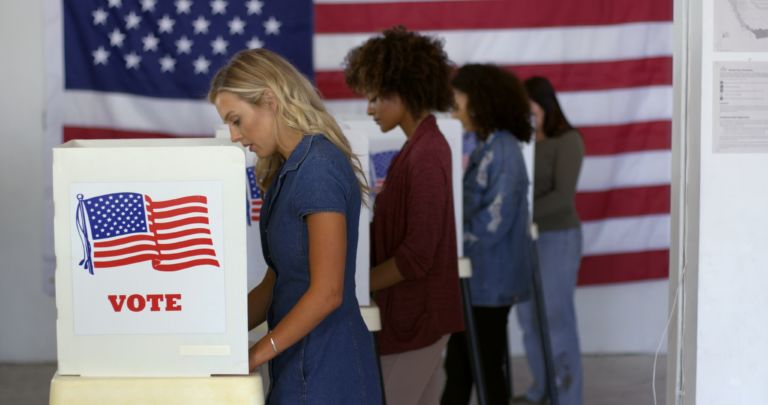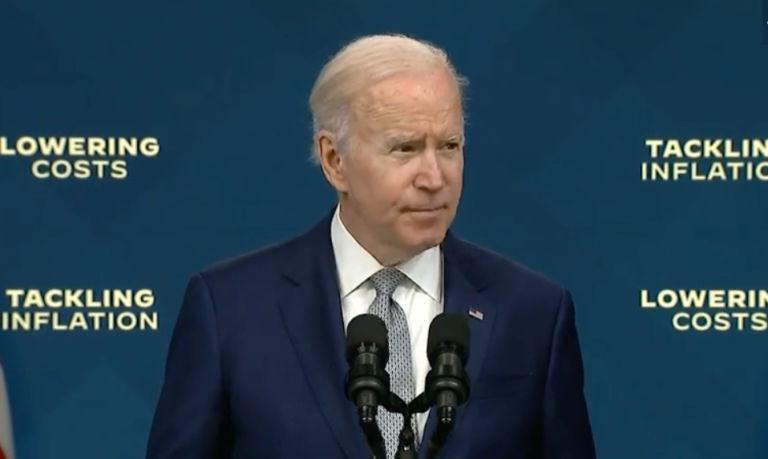From the Friedman Foundation for Educational Choice:
The “North Carolina K-12 & School Choice Survey” found 65 percent of voters support charter schools and tax-credit scholarships for private schools; 15 percent opposed charter schools and 23 percent opposed the scholarships. Education savings accounts were supported by 56 percent of polled voters; 28 percent were opposed.
Here are a few specifics:
- Nearly four out of five registered voters in North Carolina (78%) are paying attention to issues in K-12 education. About one-fifth of voters (21%) said they pay “very little” or no attention.
- North Carolinians are more likely to think that K-12 education is on the “wrong track” (55%) compared to heading in the “right direction” (29%).
- Voters give relatively low marks to the state’s public school system (45% said “good” or “excellent”; 52% said “fair” or “poor”).
- Based on survey responses, North Carolina voters do not know how much is spent per student in public schools. There is an awareness gap. More than one-fourth of all respondents (26%) thought that less than $4,000 is being spent per student in the state’s public schools. Another 45% of voters said they “don’t know” and did not offer a spending number.
- When given the latest per-student spending information, voters are less likely to say public school funding is at a level that is “too low,” compared to answering without having such information. We asked two slightly different questions about the level of public school funding in North Carolina. On version 5A, 66% of voters said that public school funding is “too low.” However, on version 5B, which included a sentence referring to data on per-student funding in North Carolina ($8,518), the proportion of voters saying “too low” shrank by 16 percentage points, effectively a 24% reduction.
- Although taxes can be a source of public school funding, a plurality of voters (46%) would prefer state taxes to decrease, rather than “stay about the same” or increase. Likewise, a plurality of voters (49%) said they prefer to decrease local taxes.
- Voters are more likely to give grades A or B to private/parochial schools in their areas, compared to other types of schools. Approximately 59% of voters give an A or B to private schools, 49% give an A or B to regular public schools, and 53% give an A or B to charter schools. Only 14% of voters give a D or F grade to their local public schools. Even fewer give low grades to charter schools (6%) and private/parochial schools (4%).
- When asked for a preferred school type, North Carolinians would choose a private school (39%) first. A regular public school option is the second-most frequently cited preference (34%). As a result, there is a major disconnect between voters’ school preferences and actual enrollment patterns in the state.
- North Carolina voters are much more likely to favor charter schools (65%), rather than oppose such schools (15%). The net support for charter schools is very large (+50 percentage points). Approximately 46% of voters are familiar with charter schools.
- North Carolinians admitted they are not that familiar with virtual schools (75% unfamiliar), and at least for now, they are less likely to be supportive of these schools (36% favor vs. 46% oppose).
- Voters strongly support “tax-credit scholarships.” The percentage of those who favor (63% or 65%, depending on the question version) is more than double the number of people who said they oppose the policy (25% and 23%, respectively). No matter the wording of the question, we measure very positive reactions (+38 net and +42 net).
- North Carolina voters support an “education savings account” system (called an “ESA”). The percentage of those who favor ESAs (56%) is much larger than the proportion who said they oppose (28%) the policy. The net support is large (+28 net) with some enthusiasm (+18 intensity). Similar results occur for the alternative question describing “empowerment scholarship accounts.” However the intensity goes down by 11 percentage points in the alternative question (+5 intensity).
- Voters clearly prefer universal access to ESAs, compared to access that is based solely on financial need. Nearly two of three voters (65%) said they agree with the statement that “ESAs should be available to all families, regardless of incomes and special needs.” About 4 of 10 respondents (42%) “strongly agree” with this statement. Almost 3 of 10 (28%) disagree with this statement; 18% said they “strongly disagree.”
- Nearly 6 of 10 North Carolina voters (57%) said they support school vouchers, compared to 32% of voters who said they oppose such a school choice system. The margin of support is more than six times the survey’s margin of error: + 25 percentage points. About one-third of respondents (36%) said they were familiar with school vouchers.

